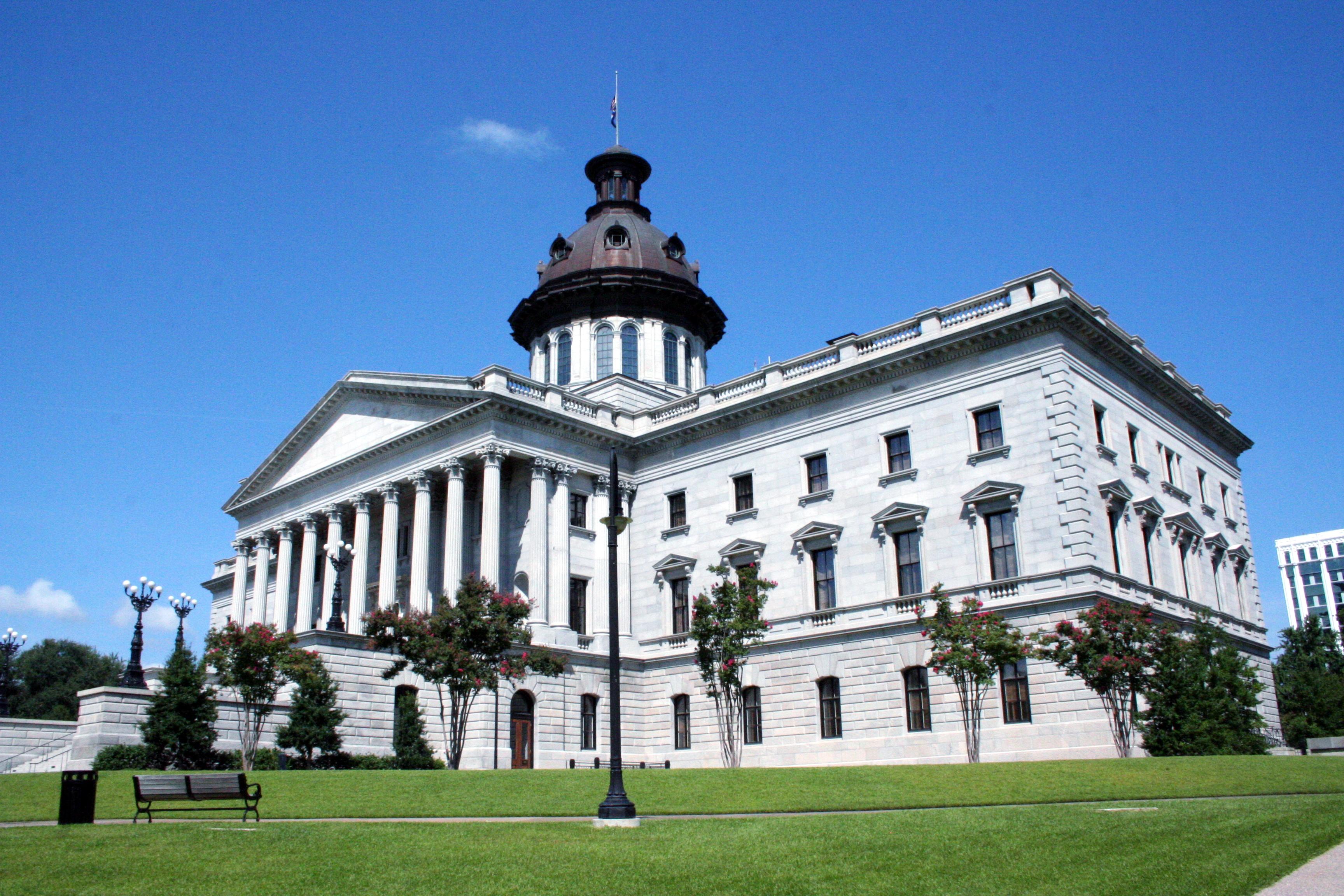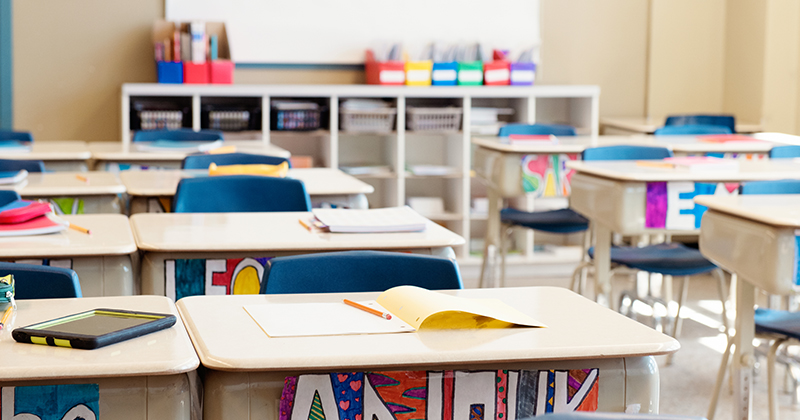House committee receives plan to make South Carolina competitive with southeastern neighbors
Thursday, House Research staff presented a plan for statewide comprehensive income and sales tax reform to South Carolina Speaker of the House Jay Lucas and the South Carolina House Tax Policy Review Committee.
The plan represents a critical step forward to create fairness for hardworking South Carolina citizens, stability to fund state promises and essential government services, and economic growth that support the jobs and opportunities of tomorrow.
Rep. Tommy Pope, R-York, who chairs the House Tax Policy Review Committee, praised the plan for its simplified and taxpayer-friendly configuration. “Under this plan, South Carolinians would literally be able to file their state return on a postcard,” Pope said. “This plan creates fairness for all, by basing income tax on how much you earn, not your age, your job or how much money you spend.”
Closely modeled on recommendations presented by Palmetto Promise Institute and Dr. Rebecca Gunnlaugsson of Acuitas Economics, the income tax plan proposes a flat 4.85% state tax rate on federal Adjusted Gross Income (AGI) with expanded standard deductions ($10,000 for single filers, $15,000 for head-of-household, and $20,000 for married filing jointly) along with a personal exemption of $4,150.
Dr. Gunnlaugsson has stressed the need tax reform, illustrating the status quo’s structural setbacks. “South Carolina’s tax code is stuck in an ‘infinite loop,’ an eroding tax base, high tax rates and unequal taxes,” she explained.
Affirming the strength of the new plan, however, Dr. Gunnlaugsson says it “embodies economic fundamentals of taxation—to raise funds necessary to finance government services with minimal economic distortions, by creating an equal, low tax on a broad base of taxpayers.”
The timing of the income tax plan is particularly important, given the looming issue of federal conformity, in which the current state income tax structure faces significant potential changes as a result of the federal Tax Cuts and Jobs Act (TCJA) of 2017. Because the state’s income tax code is linked to the U.S. code, adoption of provisions from this new law is estimated to result in state income tax revenue increases.
Unless the state’s tax laws are reformed to reflect the changes in federal tax law, South Carolinians could pay $180 million more in state income taxes in 2019 – about $75 a person, according to the S.C. Revenue and Fiscal Affairs Office.
“I told (House budget chairman) Brian White we’re sending him our ‘reformity’ bill,” Pope said. “You can do conformity and you can fix the problems while we’re in there tinkering with the engine.”
It is estimated that the income tax plan, written to take effect retroactively to January 1, 2018, will achieve revenue neutrality. Other key impacts include:
- Lowers South Carolina’s top marginal tax rate from 7% to 4.85%, positioning South Carolina to be much more competitive with other states in the region.
By comparison, according to The Tax Foundation, Tennessee has no income tax and North Carolina’s tax rate is 5.499% (a cut for 2017). This week, the Atlanta Journal Constitution reported that Georgia leaders have reached an agreement to cut their state’s current top rate from 6% to 5.75%. - Reduces the number of taxpayers who pay no state income tax from 43% to 34%.
The plan dramatically simplifies the code, eliminating the vast labyrinth of special interest credits and deductions which create inequality among categories of taxpayers, encourage system-gaming, and serve to continually erode the tax base.
- Significantly expands standard deductions, from $6500 to $10000 for single filers; from $9500 to $15000 for head-of-household; and from $13000 to $20000 for married filing jointly.
This expands protections for lower- and middle-income taxpayers. - Changes the basis for South Carolina’s income tax calculation to federal Adjusted Gross Income (AGI) instead of Federal Taxable Income (FTI).
This modification will set South Carolina in line with most other states and will help to mitigate the extensive changes that occur as a result of current and future changes to federal values for Standard Deduction, Personal Exemption and itemized deductions. - The sales tax plan presented by House Research staff proposes a flat 3% sales tax rate on an expanded base of products and services with elimination of all special interest exemptions and exclusions.
These changes will serve to reverse the gradual erosion of the state’s sales tax base (from taxing 48% of all goods sold in 2002 to only 34% in 2016), which has resulted in a doubling of sales tax rates over the past several decades.
The Committee previously received recommendations from Dr. Gunnlaugsson on phasing-in proposed changes over a 5-year period to minimize individual impacts, implementing a system of triggers to further lower tax rates as revenue targets are met or exceeded, as well as addressing needed reforms to property tax, issues not addressed by the plan presented today.




